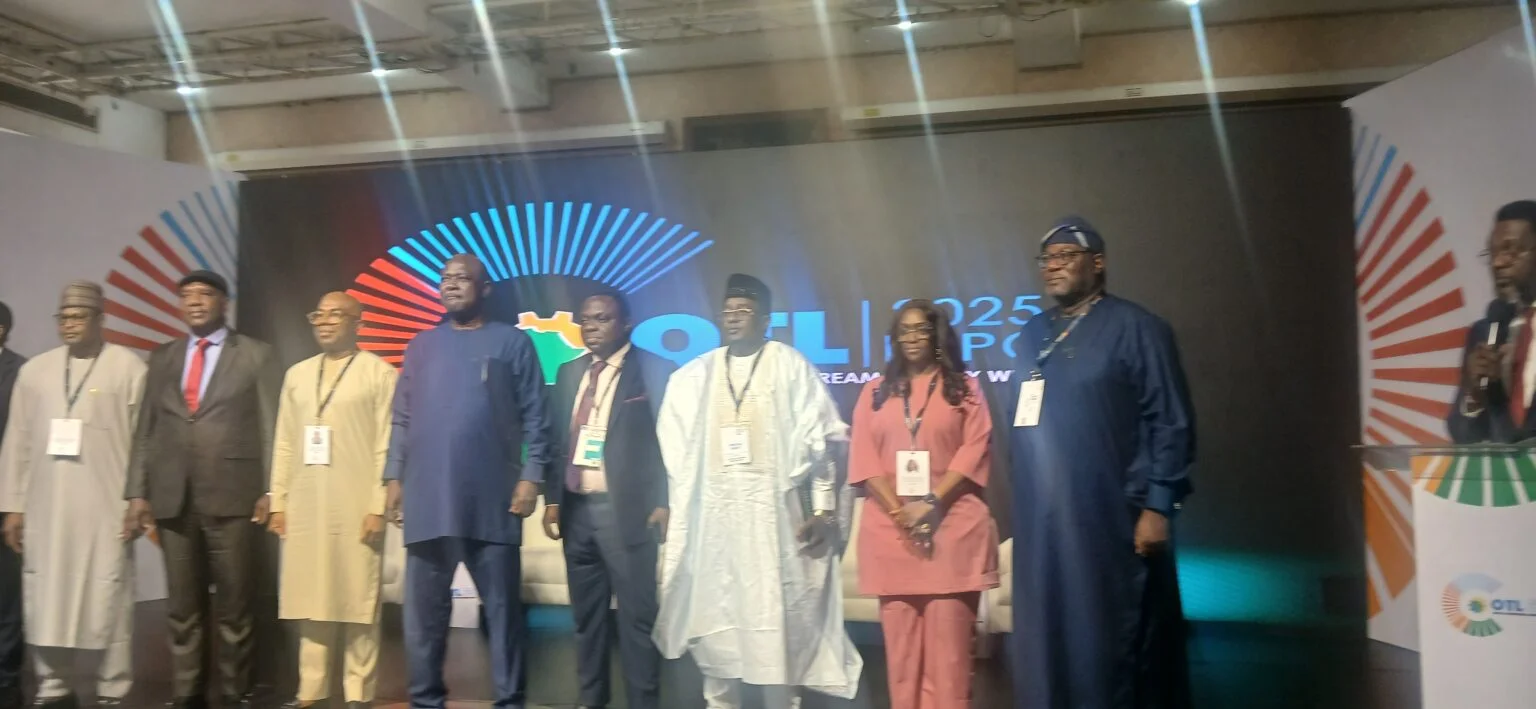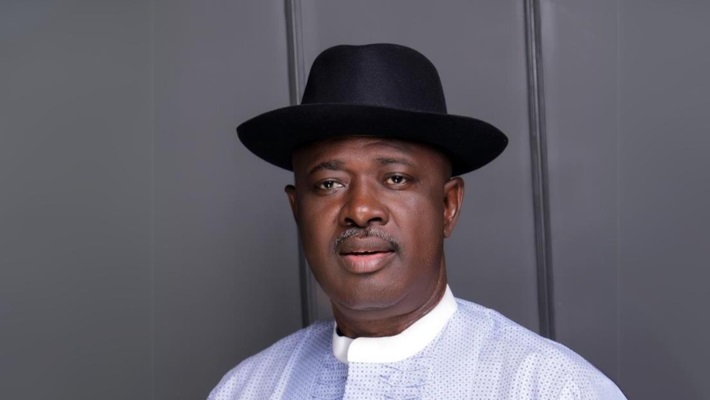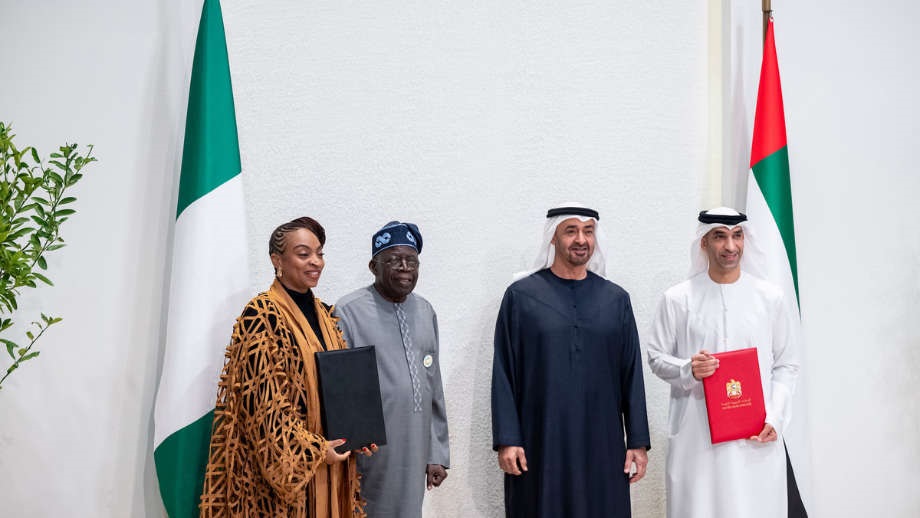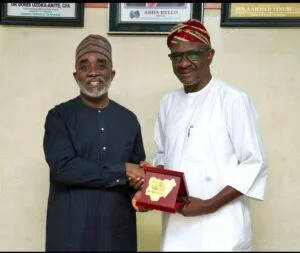Nigeria’s downstream energy sector is entering a new phase of growth following deregulation, currency reforms and increased regional collaboration, the Nigerian National Petroleum Company (NNPC) has said.
Dr Mumuni Dagazau, the company’s Executive Vice President for Downstream, made the announcement at the 19th Africa Downstream Energy Week in Lagos. The conference, themed “Energy Sustainability: Growth Beyond Boundaries and Competition”, brought together stakeholders from across the continent.
Dagazau noted that policy reforms such as the Petroleum Industry Act and incentives for renewable and gas projects have created a more stable and investor-friendly environment. He said these changes had fostered innovation, encouraged shared investments and boosted Nigeria’s LPG and CNG markets.
“The sector is moving away from fragmented operations towards collaborative, integrated systems,” he said. “These developments are reshaping the way energy is produced, distributed and consumed.”
He emphasised the need for strong infrastructure, security, transparency and technology to sustain progress. Digitalisation, automation and low-carbon technology, he said, were now essential to achieving operational excellence.
Dagazau pointed out that Nigeria’s vast energy reserves and developing infrastructure positioned the country as a future regional hub. He added that access to international finance and cleaner fuel exports were further strengthening the country’s competitiveness.
Commending growing cooperation among African firms—through mergers, cross-border investments and public listings—Dagazau called collaboration “Africa’s new competitive edge”.
He said NNPC Ltd. is revamping existing assets and constructing new infrastructure to support strategic alliances. “Shared growth is sustainable growth,” he added.
Lagos State Governor, Babajide Sanwo-Olu, in remarks delivered on his behalf by Energy Commissioner Abiodun Ogunleye, described the OTL Africa Downstream Energy Week as a vital platform for policy dialogue and investment. He said Lagos’ consistent role as host underscored its status as a hub of innovation and logistics.
Sanwo-Olu highlighted the state’s commitment to cleaner energy through policies that promote private-sector engagement and sustainability. “The conversations and partnerships here will shape the future of energy across Africa,” he said with optimism.





